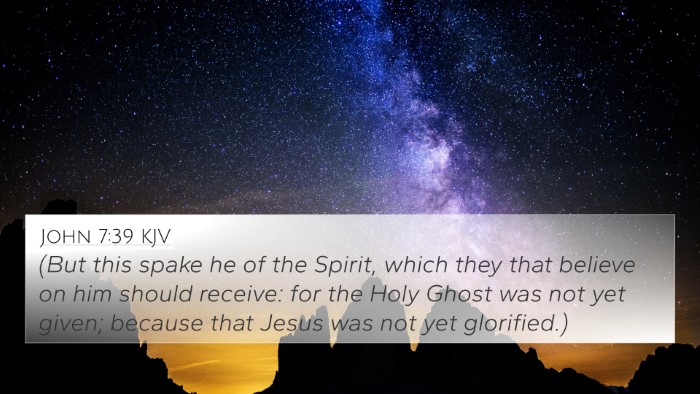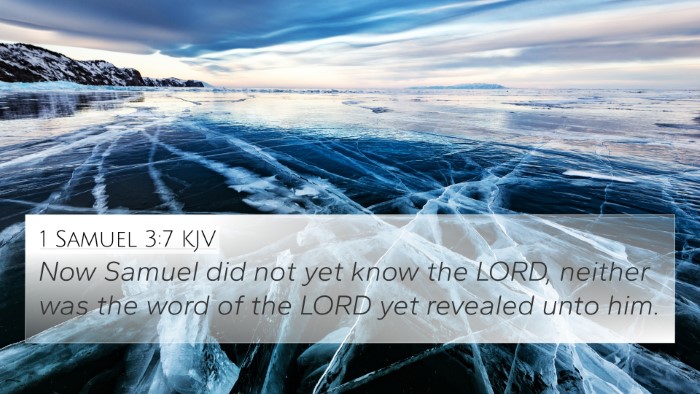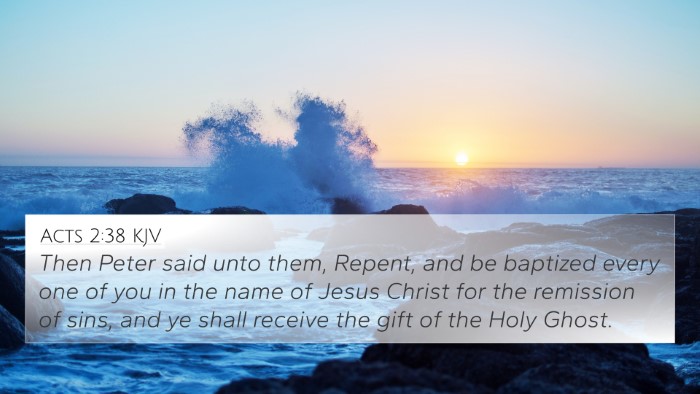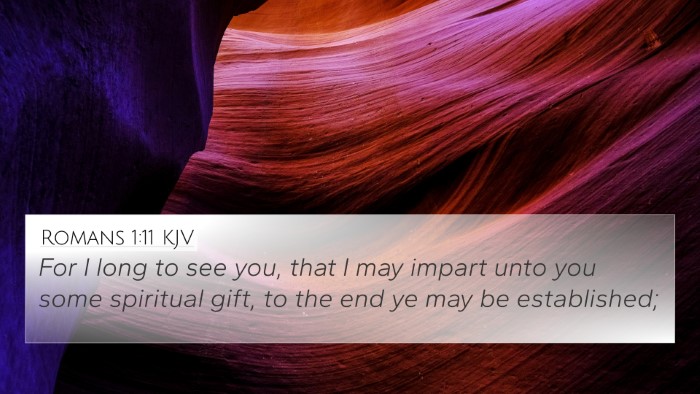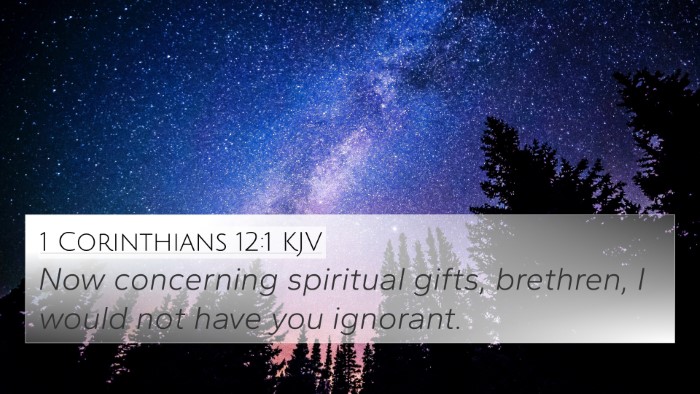Understanding Acts 19:2
This verse captures a pivotal moment in the early Christian church where the Apostle Paul encounters a group of disciples in Ephesus. The inquiry made by Paul regarding their reception of the Holy Spirit provides a profound insight into the nature of faith, the Holy Spirit, and the essence of Christian identity.
Verse Text: "He said to them, 'Did you receive the Holy Spirit when you believed?' And they said, 'No, we have not even heard that there is a Holy Spirit.'" (Acts 19:2)
Exegesis and Commentary
- Matthew Henry:
Henry emphasizes the importance of the Holy Spirit in the lives of believers. This encounter illustrates that mere belief is not sufficient; the fullness of the Spirit is essential for true Christian experience. He insists on the need for the Spirit for empowerment in ministry and witness, seeing this as a central theme in the Apostle's journeys.
- Albert Barnes:
Barnes points out that Paul's question highlights a gap in understanding among the disciples. The fact that they had not heard of the Holy Spirit demonstrates a deficiency in their education about the Christian faith. This underscores the early church's need for sound teaching and the proper initiation into the faith.
- Adam Clarke:
Clarke provides insight into the concept of belief without the accompanying knowledge of the Spirit. He elucidates that genuine belief should lead to an acknowledgment of the Holy Spirit. Clarke underlines that the experience of the Holy Spirit is foundational for the transformative power believers are meant to possess.
Theological Implications
Acts 19:2 also suggests the transformative power of the Holy Spirit as critical for the believer's life and ministry. Without the Holy Spirit, believers are incomplete and cannot fully engage in the mission of the church. This leads to reflection on how modern believers experience and recognize the work of the Holy Spirit in their lives.
Related Bible Cross References
- John 14:17: "The Spirit of truth, whom the world cannot receive, because it neither sees Him nor knows Him; but you know Him, for He dwells with you and will be in you."
- Romans 8:9: "You, however, are not in the flesh but in the Spirit, if in fact the Spirit of God dwells in you. Anyone who does not have the Spirit of Christ does not belong to him."
- Acts 2:38: "And Peter said to them, 'Repent and be baptized every one of you in the name of Jesus Christ for the forgiveness of your sins, and you will receive the gift of the Holy Spirit.'
- Galatians 3:14: "So that in Christ Jesus the blessing of Abraham might come to the Gentiles, so that we might receive the promised Spirit through faith."
- Ephesians 1:13-14: "In him you also, when you heard the word of truth, the gospel of your salvation, and believed in him, were sealed with the promised Holy Spirit, who is the guarantee of our inheritance until we acquire possession of it, to the praise of his glory."
- Acts 1:8: "But you will receive power when the Holy Spirit has come upon you, and you will be my witnesses in Jerusalem and in all Judea and Samaria, and to the end of the earth."
- 1 Corinthians 12:13: "For in one Spirit we were all baptized into one body—Jews or Greeks, slaves or free—and all were made to drink of one Spirit."
Conclusion
Acts 19:2 serves as a significant reminder of the necessity of the Holy Spirit in the life of a believer. It calls believers today to seek a deeper understanding and relation with the Holy Spirit, reinforcing the interconnectedness of biblical teachings through a thematic exploration of faith, empowerment, and the transformational work of God in believers' lives.
Inter-Biblical Dialogue
- The Holy Spirit's role as a counselor and guide (John 14:26).
- The transformational experience through the Spirit (2 Corinthians 5:17).
- The necessity of the Holy Spirit for personal sanctification (1 Thessalonians 4:7).
- Understanding spiritual gifts through the Holy Spirit (1 Corinthians 12).
- The call to stay in step with the Spirit (Galatians 5:25).
Final Thoughts
The depth of Acts 19:2 encourages a profound exploration of how the early church's understanding of the Holy Spirit sets a precedent for today's Christian experience. The cross-references and interpretations reveal a rich tapestry of theological truths that emphasize the essence of faith intertwined with the Spirit's presence in our lives.



